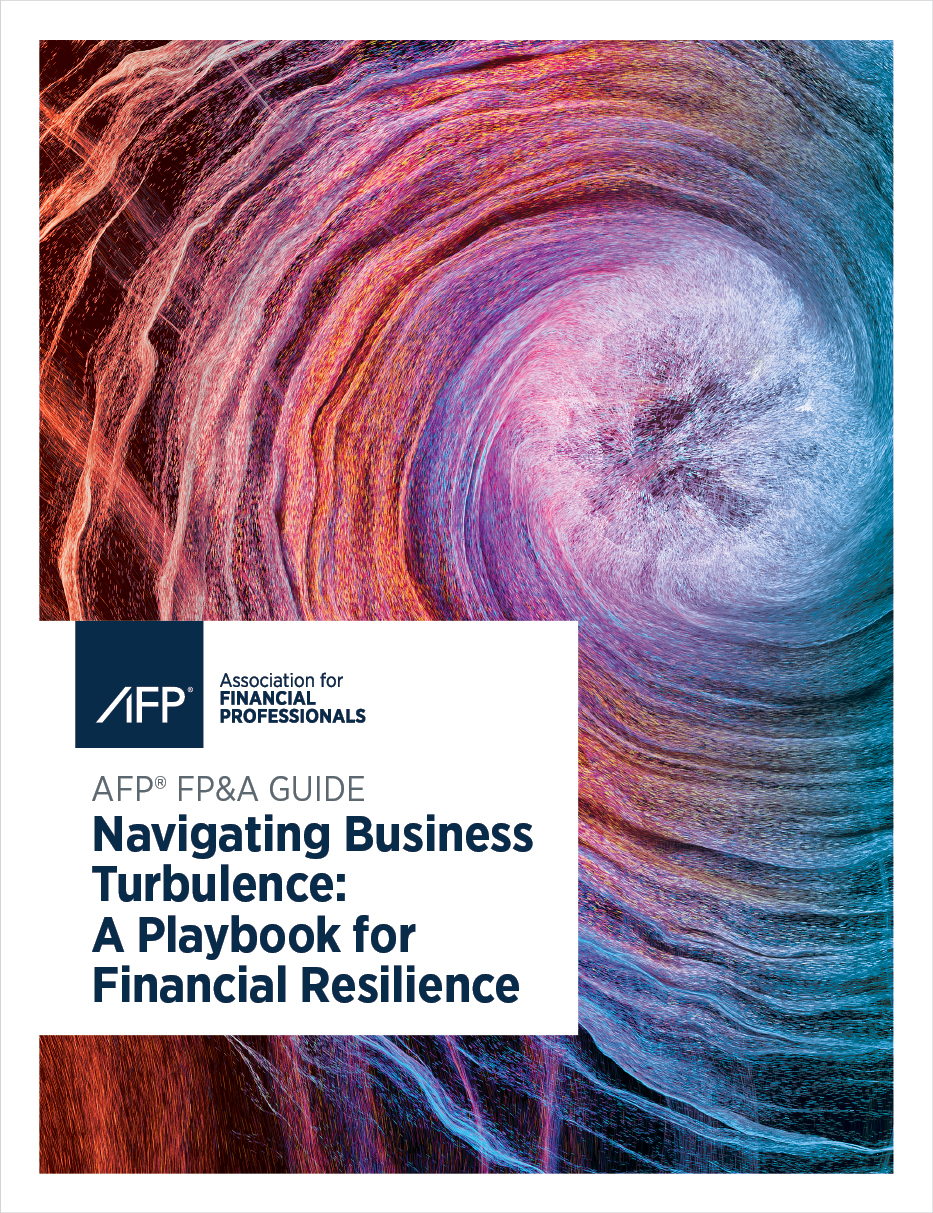Articles
Is Your CFO Using AI?
- By Ashok Manthena
- Published: 8/5/2025

The Great Divide
At a recent company-wide leadership meeting, AI was the main topic. The CTO had slides about large language models (LLMs), the marketing head spoke about generative content and HR talked up a pilot to streamline onboarding. And yet, one person, arguably the most powerful in the room, remained quiet.
The CFO.
Watching. Listening. But saying very little.
When asked directly about AI in finance, the reply was polite but distant: “We’re monitoring developments.”
At another company across town, the CFO has made AI adoption a top-down initiative, directing his team to apply it across every repeatable finance process, from reconciliations to reporting, to streamline operations. He doesn’t personally run the tools, but under his mandate, month-end close is now 30% faster, and manual processes that once took days are delivered in hours. What began as an experiment quickly evolved into a core part of the team’s workflow and a cultural shift in how finance operates.
This is the contrast playing out across companies today.
AI has become a corporate buzzword. But beneath the hype, the real signal is whether it has leadership support. In finance, that support must come from the CFO, not just with budget approvals, but in how priorities are shaped. Without it, even the most promising changes risk stalling out.
And if your CFO is using AI, the future isn’t coming. It’s already here.
The overused phrase “you won’t be replaced by AI, but by someone using AI” is now in every conference keynote. But here’s the better follow-up: Is your CFO one of them?
The Fear and the FOMO
With every LinkedIn post, keynote and whitepaper about AI, the excitement is matched by a quieter undercurrent: fear. Not just fear of being replaced but fear of being irrelevant.
Across functions, professionals are rushing to learn more. Analysts are signing up for Prompt Engineering bootcamps. Controllers are testing tools for writing narratives. Finance leaders are sitting through AI vendor demos. Everyone is trying to make sense of where they stand.
Because nobody wants to be the last person to catch up.
But while curiosity is high, commitment is scarce. One company rolls out an AI “task force” that seldom meets. Another creates a pilot that doesn’t scale beyond a few users. Executives talk about “transformative potential” but delegate execution to transformation teams.
The reality is that the actual AI adoption is wildly uneven. Some teams are sprinting. Others are stuck in neutral. And often, the deciding factor isn’t the tech; it’s who’s at the top.
Why the CFO’s AI usage matters More Than You Think
In most companies, the CFO is the last person you’d expect to embrace a new technology.
That’s not a flaw; it's part of the job. CFOs are trained to be prudent. They’re guardians of cash, compliance and controls.
New software? Show me the ROI. Emerging tech? What’s the risk exposure? So when AI enters the picture, the finance function doesn’t typically lead the charge.
And yet, if you walk into a company and see the CFO using AI personally, whether it’s for budgeting scenarios, reviewing contracts or writing board summaries, pay attention. It means something deeper has shifted.
Because the CFO isn’t just a function. They’re a signal. If the most conservative, cost-conscious executive in the company is exploring AI, not just approving it, but using it, then it’s safe to say that the organization is serious about transformation.
The Spectrum of Adoption
Across the companies we’ve observed, CFOs generally fall into one of three camps when it comes to AI.
The Skeptical CFO
This CFO sees AI as hype. They worry about hallucinations and compliance risks. Budget discussions around AI are cut short and security teams are deployed as shields. The go-to phrase is “let’s wait until it matures.”
Ironically, they might still be signing off on AI pilots in other departments, just not on their own.
The Copilot CFO
This CFO is curious but cautious. They use tools like ChatGPT or Claude for drafting board updates, summarizing reports and maybe writing an email.
But it’s all behind the scenes. No team-wide initiatives. No public endorsement.
This is the “toe in the water” phase: using AI for personal productivity but not yet making it part of the finance org’s operating model.
The AI Champion CFO
This CFO is hands-on and vocal.
They’re working with controllers, FP&A and operations teams to automate reconciliation, contract validation, accruals review and more. They’ve seen how AI can unlock what wasn’t possible before, like parsing hundreds of contracts to check terms, or generating real-time dashboards from fragmented systems.
More importantly, they’ve carved out a budget. They’ve brought in partners, and they’re making AI part of the culture.
If you’re a CFO reading this: Which one are you? Skeptical, Copilot or Champion?
If you’re not: What can you do to engage or support your CFO on this journey? Can you share success stories, examples, test use cases or simply bring AI into the CFO conversation?
Why Many CFOs Still Aren’t There and Why That’s Changing
Despite the hype, many CFOs remain cautious about AI and not without reason.
- Budget pressure and unsupported ROI: AI promises efficiency, but implementation requires upfront investment in tools, people and change management. Without a clear, immediate return, it’s often postponed.
But what if the ROI isn’t just savings? AI enables what was previously impossible, like reviewing thousands of contracts or detecting spend anomalies in seconds. The value isn’t just in reducing costs; it’s the quality. - Data sensitivity: Finance manages the most confidential information. Feeding it into AI models feels risky.
Yet today’s AI systems can operate securely within your environment, without exposing data externally. The real risk may be falling behind while others move forward with confidence. - Regulatory complexity: In some regions, AI in finance faces strict limitations or is outright restricted.
Even so, many teams are finding compliant, localized ways to automate and streamline without breaching boundaries, proving that progress is possible with the right guardrails. - Personal inertia: Many CFOs haven’t tried these tools themselves. They delegate AI conversations but stay at a distance.
But leadership without hands-on exposure leads to half-measures. The CFOs seeing the most impact are the ones engaging directly, even just to experiment. It builds conviction.
Too many AI efforts are framed around the wrong question: “How much headcount can we cut?”
The better question is: What can we finally do that we couldn’t before?
The real benefit comes when teams gain back time and mental space to improve, rethink and innovate rather than just survive the monthly close. One of our clients, a fast-growing manufacturer, saw exactly that. Their finance and operations teams were overwhelmed. When AI gave them breathing room, teams started tackling long-postponed process improvements.
The Compounding Return of Time and Quality
The first unlock with AI is time.
When finance teams save 30-60% of their time through AI automations, that reclaimed bandwidth becomes a powerful asset.
Then there is the secondary effect of AI, often more valuable than the first. The Quality.
Teams begin asking better questions:
- Can we improve our revenue forecasting models?
- Are we measuring the right cost drivers?
- What processes are we doing just because “we always have”?
In companies where AI tools are actively freeing up time, the culture starts to shift. Continuous improvement becomes the norm and quality is prioritized. The finance team starts acting more like a product team: iterating, experimenting, optimizing.
And yet, transformation only happens when behavior shifts. And one of the quietest, most powerful signals is whether the person in charge of the company’s money, your CFO, is using AI in their day-to-day work. Because when that happens, it’s an operational reality.
So the next time someone asks, “Is our company ready for AI?” don’t check the roadmap.
Ask your CFO what AI they are using.
About the Writer
Ashok Manthena is a pioneer in applying AI to the CFO function. Through his work at ChatFin, he has published numerous papers and articles, and continues to shape the future of finance by driving groundbreaking research in Finance AI.
Copyright © 2026 Association for Financial Professionals, Inc.
All rights reserved.

![Interpayments Logo UMB Bank Vert Full Color CMYK[2]](/images/default-source/article-images/interpayments-logo_png.png?sfvrsn=4213fb6b_1)
